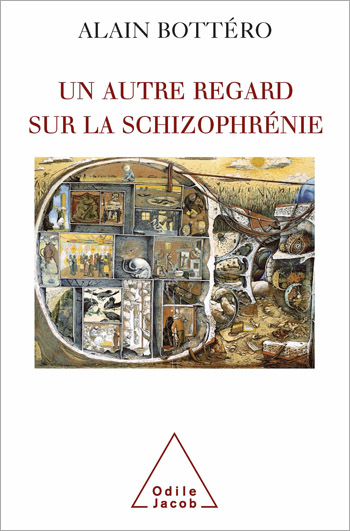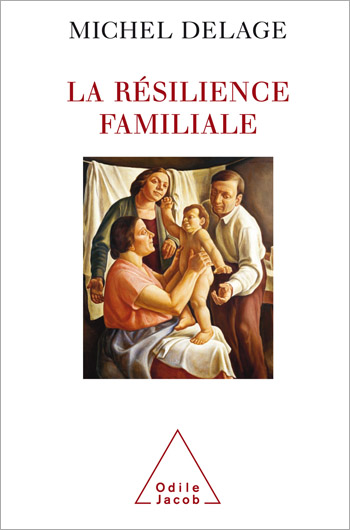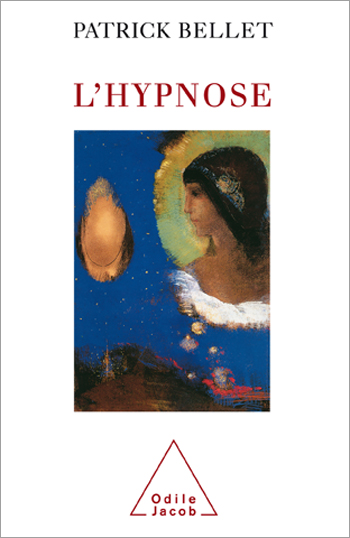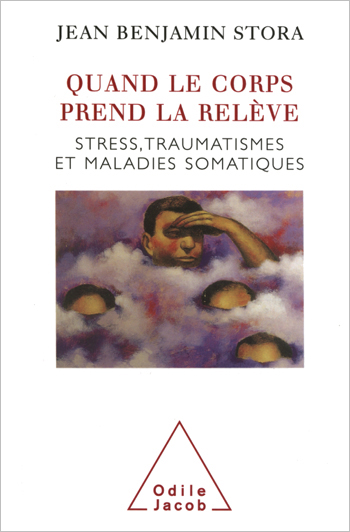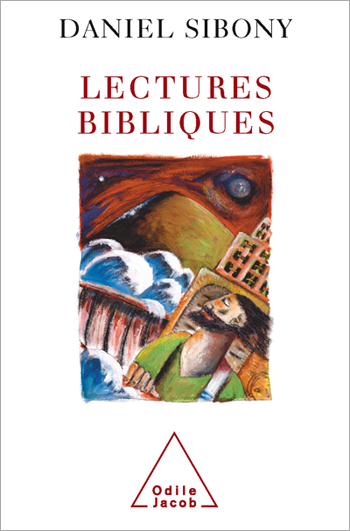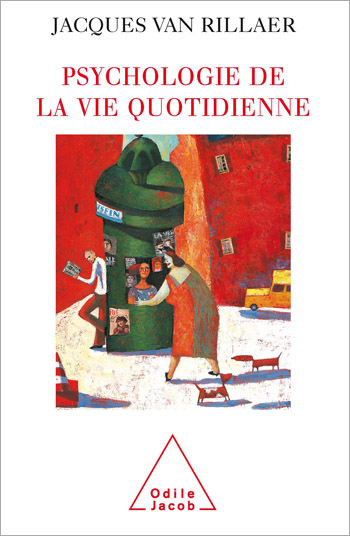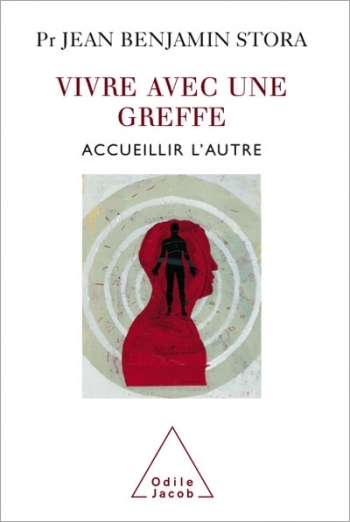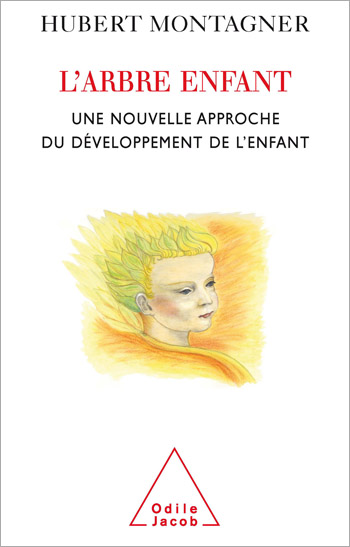Psychology All books
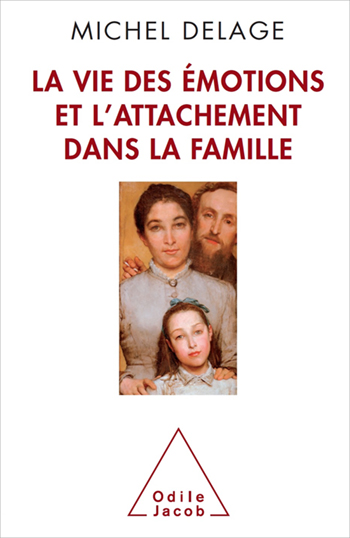
Michel Delage
The Emotional Life and Attachment In the Family
The evolution of emotional ties and relations within the modern family
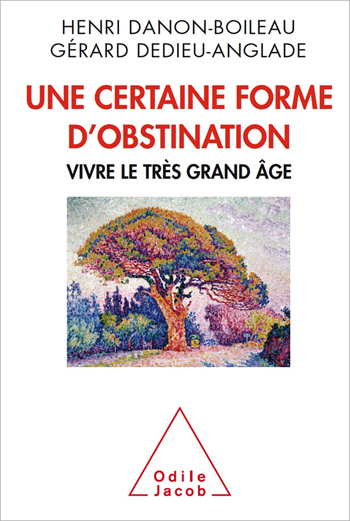
Henri Danon-Boileau, Gérard Dedieu-Anglade
A Certain Kind of Stubbornness Living With Very Old Age
A reflection on the profound changes imposed by old age; an analysis of the dead ends it can lead to and what to do to keep on loving life and others.
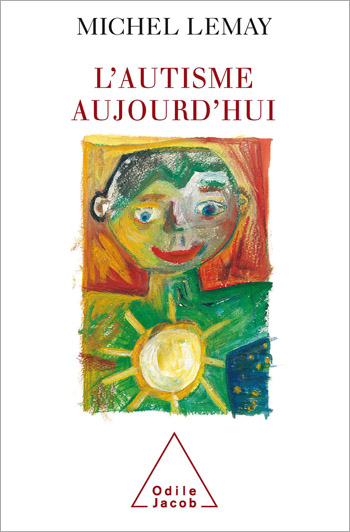
Michel Lemay
Autism Today
What do we know about autism today ? How can it be treated ? What is the cause ? In this book, the author offers a clear appraisal of the contributions and failures of various disciplines (psychoanalysis, neurobiology, genetics, chemical and drug treatment, and behavioural and cognitive therapies), and makes a case for a multidisciplary type of medicine. It offers both parents and professionals a great source of strength with which to fight against autism. Michel Lemay is a psychiatrist and professor of child and adolescent psychiatry. A world-renowned specialist in autism, he is the director of the clinic on autism and invasive development disorders at the Hôpital Sainte-Justine in Montreal.

Michel Delage, Boris Cyrulnik
Family and Resilience
This book delves further into the notion of resilience, examining it in the light of the family group.
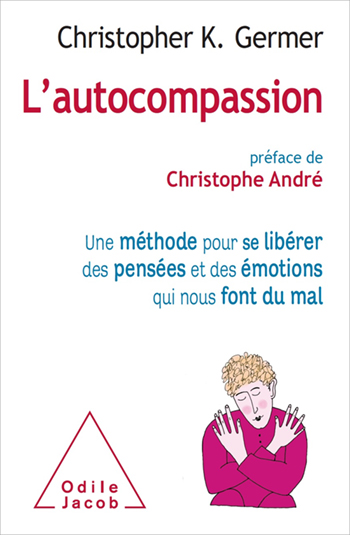
Christopher K. Germer
The Mindful Path to Self-Compassion Freeing Yourself from Destructive Thoughts and Emotions
An introduction to self-compassion by an eminent clinical psychologist and bestselling author
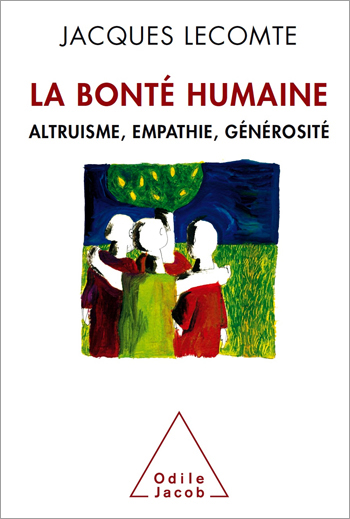
Jacques Lecomte
Human Goodness
Contrary to the prevalent view, the author argues that human beings are good by nature— and recent studies support his thesis.
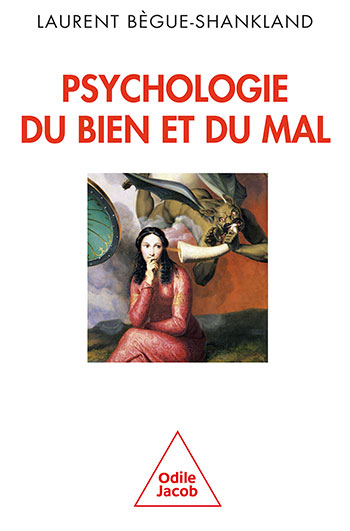
Laurent Bègue-Shankland
The Psychology of Good and Evil
How our idea of morality builds on and informs our personal life and our relationships
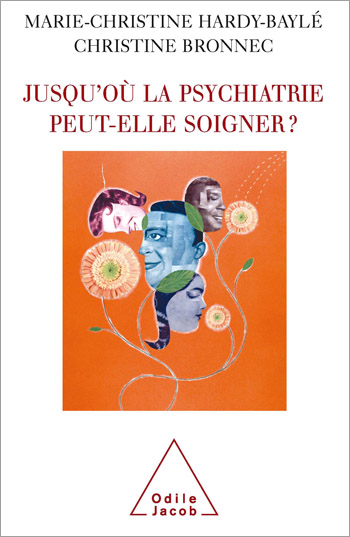
Marie-Christine Hardy-Baylé, Christine Bronnec
What are the Limits of Psychiatry ?
On the one hand, an ever increasing demand, on the other, widespread agreement that the profession in is the grip of a crisis. The result is that the supply is badly equipped to deal with the demand. What are the origins of this crisis ? Does it run as deep as the very foundations and identity of psychiatry itself ? In particular, what can be done to transform this natural diversity into a real strength ? Psychiatrist and psychoanalyst, Marie-Christine Hardy-Baylé works at the André-Mignot hospital, and is a professor of medicine at the University of Saint-Quentin-en-Yvelines. She heads the Association for the Promotion of Public Health of Yvelines Sud. A hospital director, Christine Bronnec, is in charge of the ANEAS project to evaluate psychiatric needs, and is co-president of the Association for the Promotion of Public Health of Yvelines Sud.

